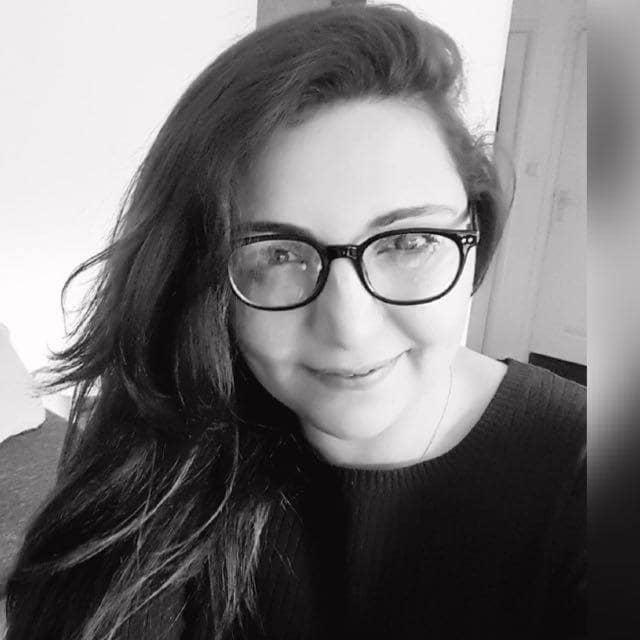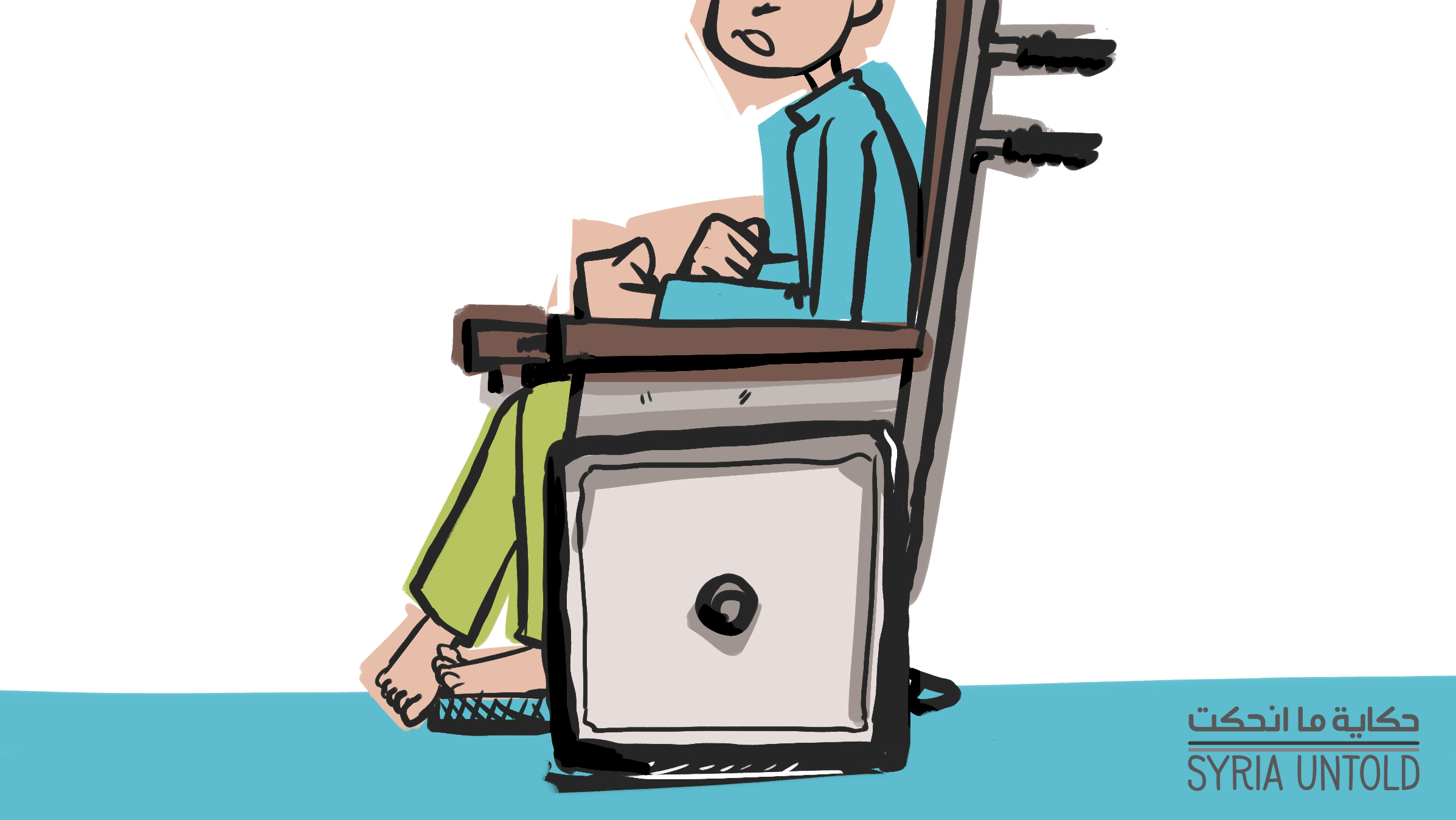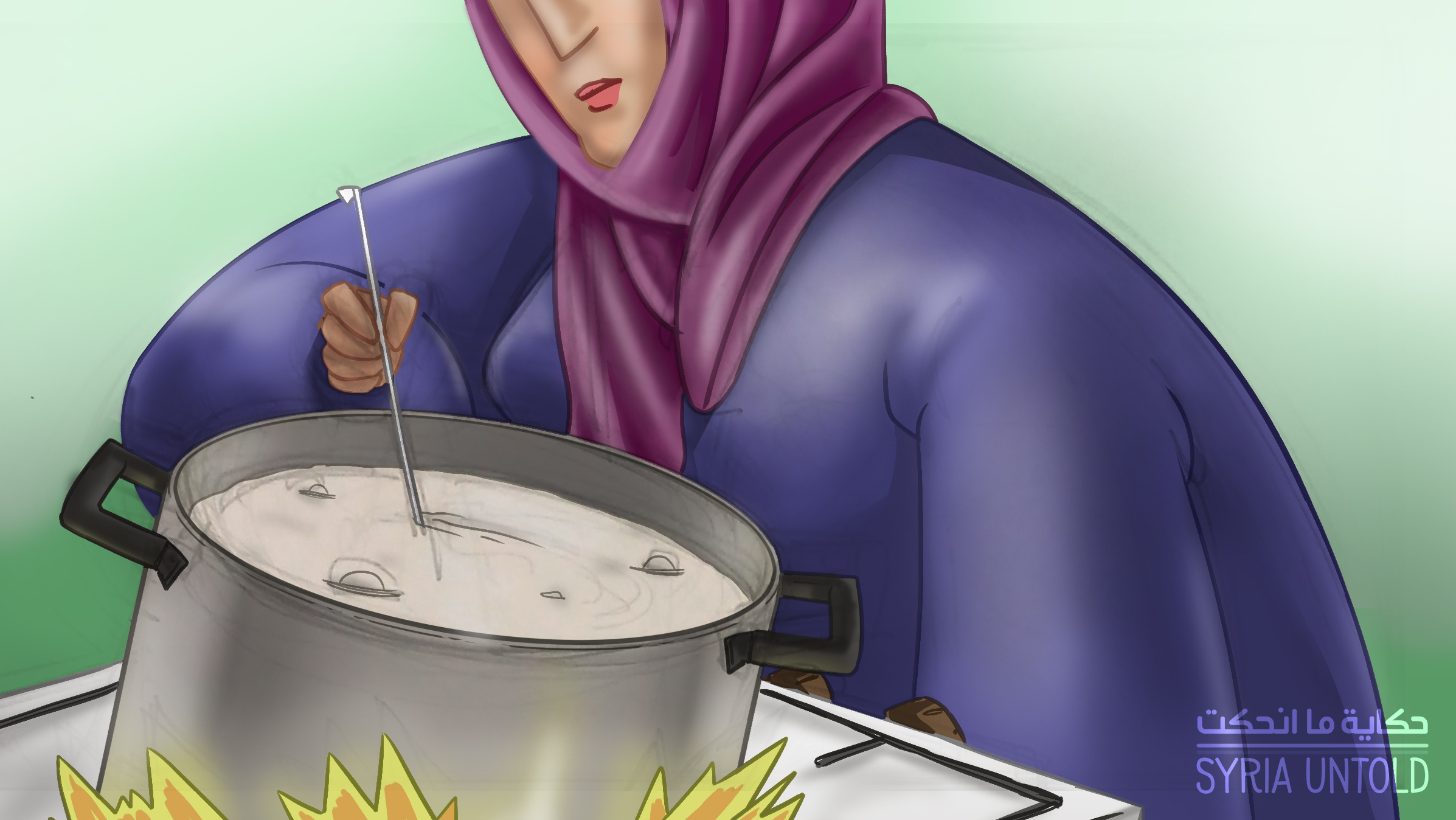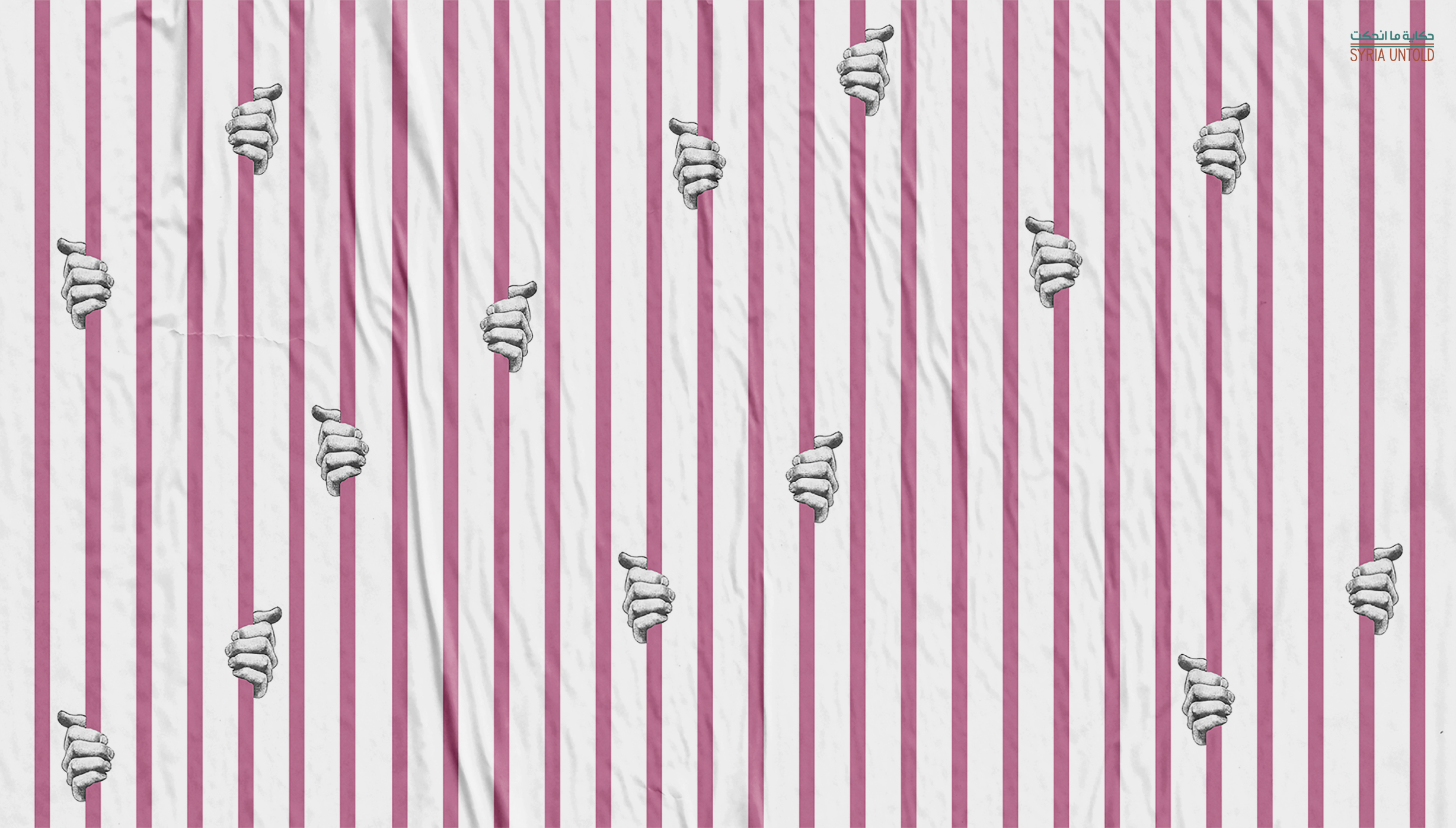As soon as the plane lands in Istanbul, I feel a kind of delightful lightness, a new freedom to move.
I walk with my head held high, my shoulders stretched out. Feeling joy and pride, my feet dance across the floors of the vast airport. I am happy to finally see my mother five years after saying goodbye. Does happiness make you float? I wonder. Does the sun suck up all our burdens so that we become weightless, like a free bird?
The sun of the east gently taps my shoulder after years in the cold. I now feel a different form of lightness—as if I’ve lost half my weight in a moment. I can’t explain any of this, that is until I reach Taksim Square in the heart of Istanbul.
My memories in this city are scattered. I hid them in its corners before I left Istanbul behind on my second migration. However, my eyes start noticing a giant shadow following me around. I try to escape it as vainly as a cat madly chasing its own tail.
I decide to surprise it and stop suddenly. The shadow is standing right behind me, keeping a safe distance. We are very similar, but who is it? How can this be my twin? Where was it when I was in the Netherlands? Does it represent the memories I left behind here? Is it a love affair that I once left behind, haunting me after a long absence?
Then I remember and recognise it. It is my grief.
I left it looking for safety and freedom. Today I see Turkey through the eyes of a tourist, speaking English to the natives. The taxi driver asks me where I come from, and I confidently answer: ‘From Holland.’ The thought tickles me.
At first glance, I thought she was a stranger, approaching me with visible fervent. As she gets closer, though, she stretches out her arms—it’s my mother! A painful lump blocks my throat, the pain spreading quickly to my chest like a crushing anger. My mother wipes my face, almost as if she’s cleaning it, and with a long, tired, happy hug, she cools my fire.
Together we walk through the markets of the city. She smiles at my childish joy as I sip Turkish tea and revel in the Syrian food on offer. Why did I escape Turkey? I wonder to myself. How did I give up on all this delicious food?
I left it looking for safety and freedom. Today I see Turkey through the eyes of a tourist, speaking English to the natives. The taxi driver asks me where I come from, and I confidently answer: ‘From Holland.’ The thought tickles me. Am I really a Dutch tourist in Turkey? Should I carry on with this game and talk about Holland with the confidence of a native? Or should I come clean as a Syrian, and get that familiar response of pity and empathy tinged with sadness?
My sadness has got me laughing insane. I laugh in fear of this sadness oozing from my family and relatives. My laughs form a cage to keep this grief away from my friends.
It’s grown so much, my grief. I thought it was gone the day I arrived in Holland, but instead it debarked me when I arrived in the East.
There, people are not ashamed of their grief, which rides in the taxi alongside them. They’re not afraid of talking to their sadness on their way home. There, they find enough time for their sorrows, approaching them with strength sometimes, and other times with fear. They embellish their anguish with joy, as I did. They split their sad lips into a dumb smile that they paint on their miserable faces.
I thought my grief left me when I arrived in Holland, but in Turkey I realise that I have long fed and nurtured it into a powerful giant clutching me with such a force that leaves no escape. For five years, I’ve successfully hid it in my pockets and behind my back so that my European friends don’t see it and so won’t be surprised by its constant presence.
But how can it not be always there with us, who have fled bloody wars that are still raging?
My mother’s bed is still big enough for the both of us. We spend the hours of our first night together resurrecting memories, an old oriental habit to express love.
On my last night in Turkey. she holds me tight and showers me with questions about my life in Holland, my future and beyond. She doesn’t stay awake long enough to hear my answers. Meanwhile, my grief creeps into the room, getting ready to sneak into my suitcase. I demand that it remains in Turkey, promising that I will come visit. It refuses and surprises me with the reason why: ‘I live off your daily life, Linda. I am fed by your overwhelming fear of the letters from the municipality, and your shivers whenever the phone rings. I live off the moments of longing that squeeze your heart, on your constant excavation of memories, like when you think: ‘This is the smell of jasmine from our old house…she looks like my grandmother…he looks like my first boyfriend…this was the song the radio aired on my first day at work…’ I will never leave you Linda, for I live off you, and with you.”
Is grief a curse of the East?







